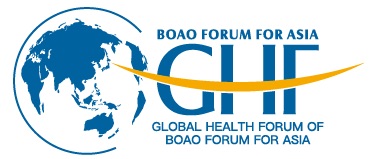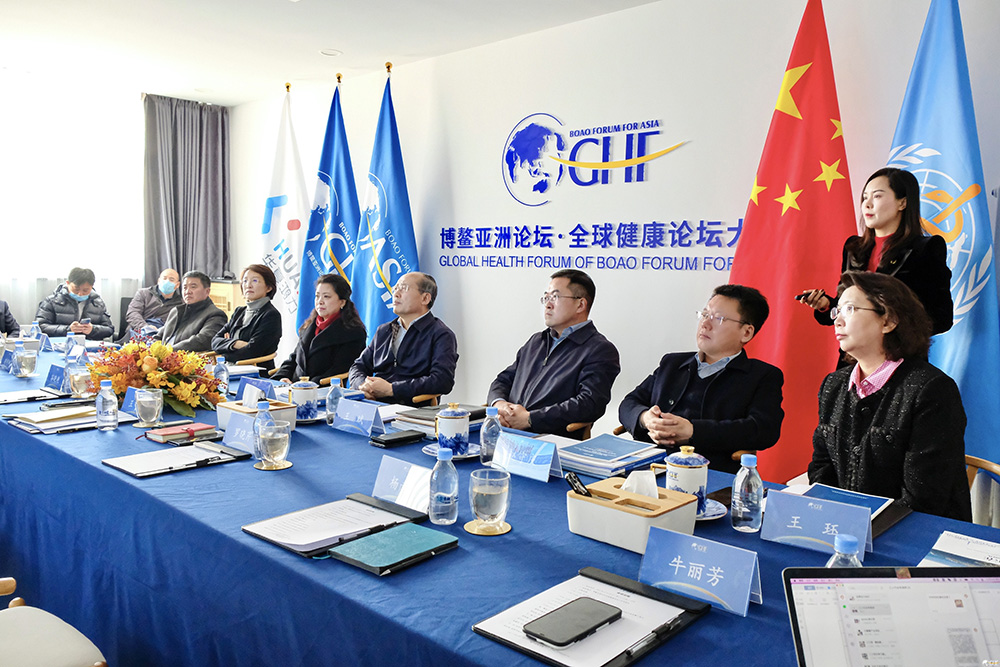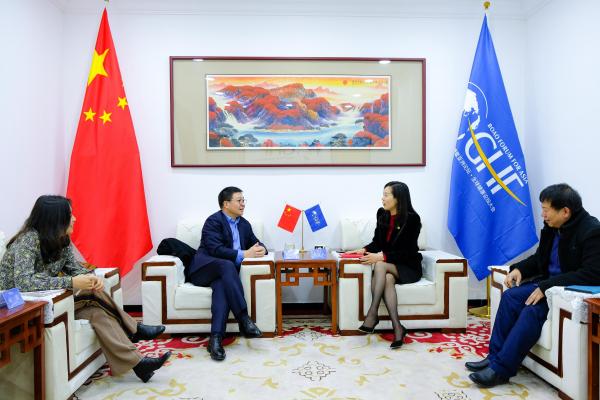In my 40 years’ work in public health, the suddenness and severity of this New Coronavirus outbreak is unprecedented. The infectiousness of the virus, the lethality of the virus, and the developed transportation today make the New Coronavirus outbreak another major crisis shared by all of humanity.
It is predictable that even the best health care systems in the world will be under extreme stress and many countries will face collapse in the face of this unprecedented challenge. Everyone must realize that the response to the epidemic is no longer just a matter for national governments; every citizen must cede some of his or her individual rights and freedoms to cooperate with the measures taken by the government. And more than ever before in history, this is a time for nations to work together in solidarity, but not to promote xenophobic and racist rhetoric. This time, the virus is our common enemy.
There has been much discussion abroad about China's response to the epidemic. It is true that in the early stages of the fight against the epidemic, Wuhan government did not do a good job and did not give attention to the warnings from frontline doctors, and I hope that in the future the country will definitely investigate this thoroughly and make persons in charge accountable for it.
But in general, I think the Chinese government did a good job. Be reminded that this is a new and sudden disease to which people are not always very sensitive in the early stages, and in my experience over the years, confusion, misjudgment and mistakes are inevitable every time we deal with new viruses and new diseases. But when it was most urgent, the Chinese government successfully brought its institutional strengths to bear and mobilized the nation's efforts to safeguard the lives of the people, which demonstrates an extremely strong sense of responsibility. In the process, China took effective measures, and the people of Wuhan made greater sacrifices, winning precious time for the rest of the world.
After preventing and controlling the first wave of the epidemic, China can do two things now: first, China could provide more "public goods" to the world public health system and try to help other countries which are still in crisis, and second, China should prepare for a possible second wave of outbreaks. Of course, I believe that a second outbreak in China is less likely, as various strict prevention and control measures continue to be implemented with strict port and customs inspections, and we are more experienced in our response to the epidemic over the past two months.
However, Western countries such as the United States do not seem to have been adequately prepared over the past period of time, and many governments appear to be moving in and out of control. Perhaps economic considerations are important in countries with capitalist systems, but in the face of a serious public health crisis, I would like to point out that downplaying the epidemic will never make the situation better. We always have to prepare for the worst-case situation. The U.S. has one of the most developed healthcare systems in the world, with the best team of experts in the world, but now the fight against the epidemic in the U.S. is facing serious challenges due to a severe shortage of testing reagents. It can only be a problem of the national policy.
It is worthwhile to think deeply and discuss what lessons this unprecedented global pandemic has left for humanity. My first thought is that humans should always be in awe of nature, and that breaking the balance between humans and nature will result in punishment. I am glad to see that the Standing Committee of the National People's Congress has made a decision on a comprehensive ban on illegal wildlife trade, eradicating the bad habit of indiscriminate wildlife consumption, and so as to effectively safeguard people's lives and health.
The second lesson is that every country should strive to establish a strong public health epidemic prevention system and an emergency management system. The epidemic has exposed some problems in our public health system that needs urgent reform, such as the tendency of health system officials to be nativist. Health officials should seek advice from experts, society and the business community and have a broaderview of the world.
The third lesson is that we need to understand more deeply the significance of international cooperation and building a community of shared future. In the face of the epidemic, all countries are sitting in the same boat, but can we help each other and work together to overcome the difficulties? This deserves a deep reflection by all governments and each of us. (The author is the former Director-General of WHO, and this article was interviewed and compiled by Bai Yunyi)



 News
News
 Partner application
Partner application Download
Download Hot News
Hot News









